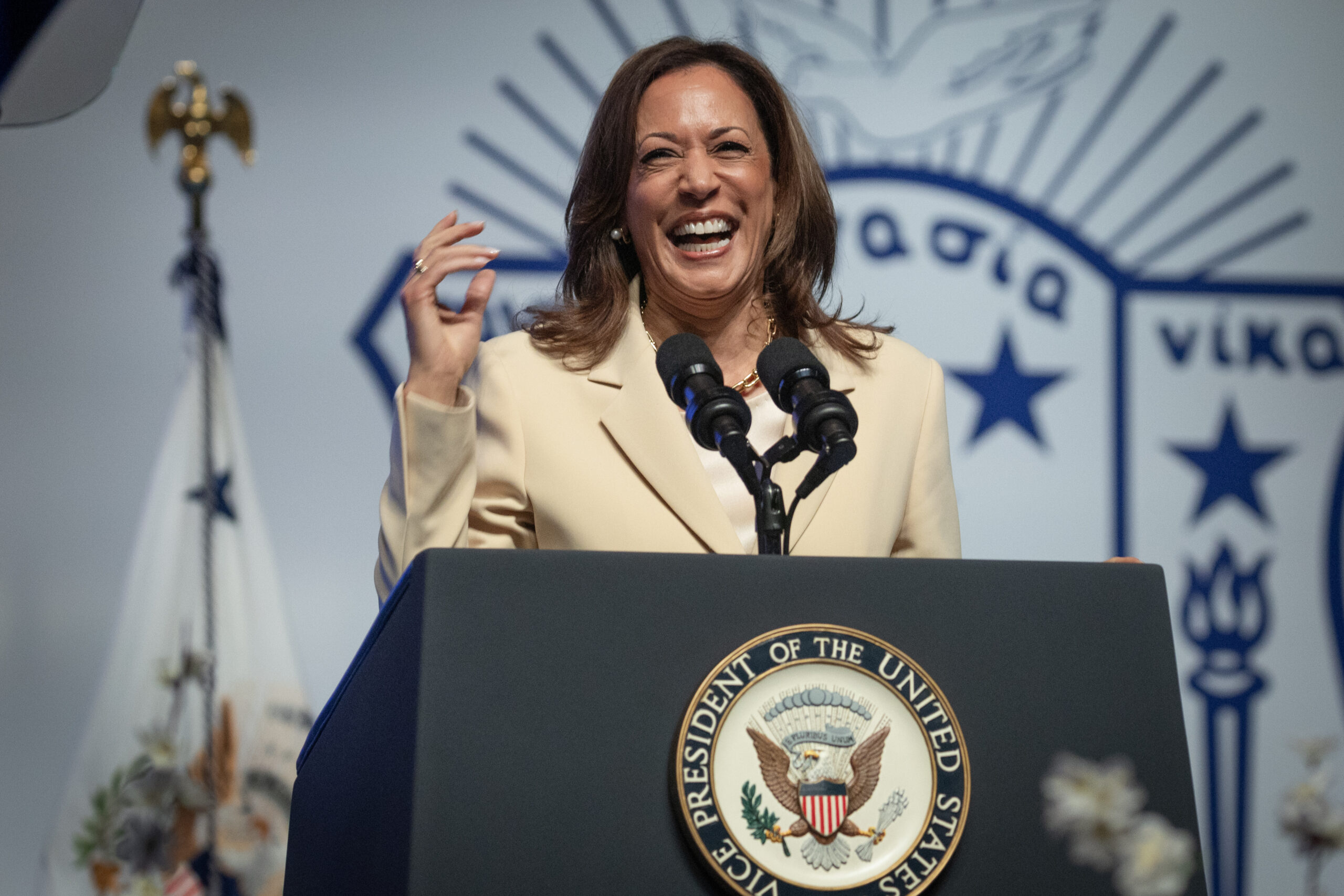Kamala Harris’ 2019 memoir, “The Truths We Hold,” is resurging in popularity following her presidential nomination. The current vice president is now the leading Democratic nominee after Joe Biden withdrew his reelection campaign. Renewed interest in political figures’ memoirs during their campaigns is a long-running trend, which is why many politicians publish books outlining their experiences and political beliefs before running for office.
In her 336-page memoir, Harris shares her journey from prosecutor to California Attorney General to U.S. Senator. She explains how she applies a holistic, data-driven approach to universal issues from taking on big banks to rejecting harmful “tough on crime” rhetoric. Her mantra is not “tough nor soft.” Instead, it is “smart on crime.” Other issues she touches on include healthcare, the new economy, immigration, national security, the opioid crisis and accelerating inequality. These issues are at the forefront of Americans’ minds ahead of the 2024 election.
Harris officially launched her campaign for the White House after Biden stepped down under pressure from party leaders. With Biden’s endorsement, she remains unchallenged for the Democratic nomination, which will be formally decided at the August 19 convention in Chicago.
“I am honored to have the President’s endorsement, and my intention is to earn and win this nomination,” Harris said in a statement. “We have 107 days until Election Day. Together, we will fight. And together, we will win.”
If you are looking to take a journey into Harris’ life, here are some key takeaways from her memoir.
Her Name and Heritage
Harris clarifies the pronunciation of her name as “comma-la,” which means “lotus flower” in Indian culture. This reflects her Indian heritage, as the lotus is a significant symbol in Indian culture. Her parents, an esteemed Jamaican economist and an accomplished Indian cancer researcher, were deeply involved in the civil rights movement, shaping her early views on social justice.
Personal Struggles and Triumphs
The memoir reveals Harris’ personal challenges, including her parents’ divorce and her mother’s subsequent move to Montreal for a job opportunity. Despite these upheavals, Harris thrived, embracing her mother’s resilience and dedication. Her upbringing in a politically active family influenced her commitment to justice and equality.
Education and Early Career
Harris attended Howard University, a historically Black institution, where she found a sense of belonging and purpose. She pledged Alpha Kappa Alpha Sorority, Incorporated, which is a sisterhood with a strong focus on service and sisterhood. Her time at the university solidified her dedication to civil rights and social justice, laying the foundation for her future career in law and politics.
Views on Racism and Immigration
Harris speaks candidly about racism, sexism and homophobia in the United States. She emphasizes the importance of confronting these issues and fighting for equality. She also discusses the fear of immigrants in American society and the need to address this fear with compassion and understanding.
Commitment to Women’s Rights
In her memoir, Harris advocates for constitutional protection of abortion rights. She highlights the need for equal pay and access to healthcare, including safe and legal abortion. Her stance on women’s rights underscores her commitment to gender equality and reproductive freedom.
Influence of Her Grandfather
Harris credits her maternal grandfather, an Indian civil servant, with inspiring her dedication to civil rights and equality. His influence is evident in her approach to politics and her commitment to social justice.
